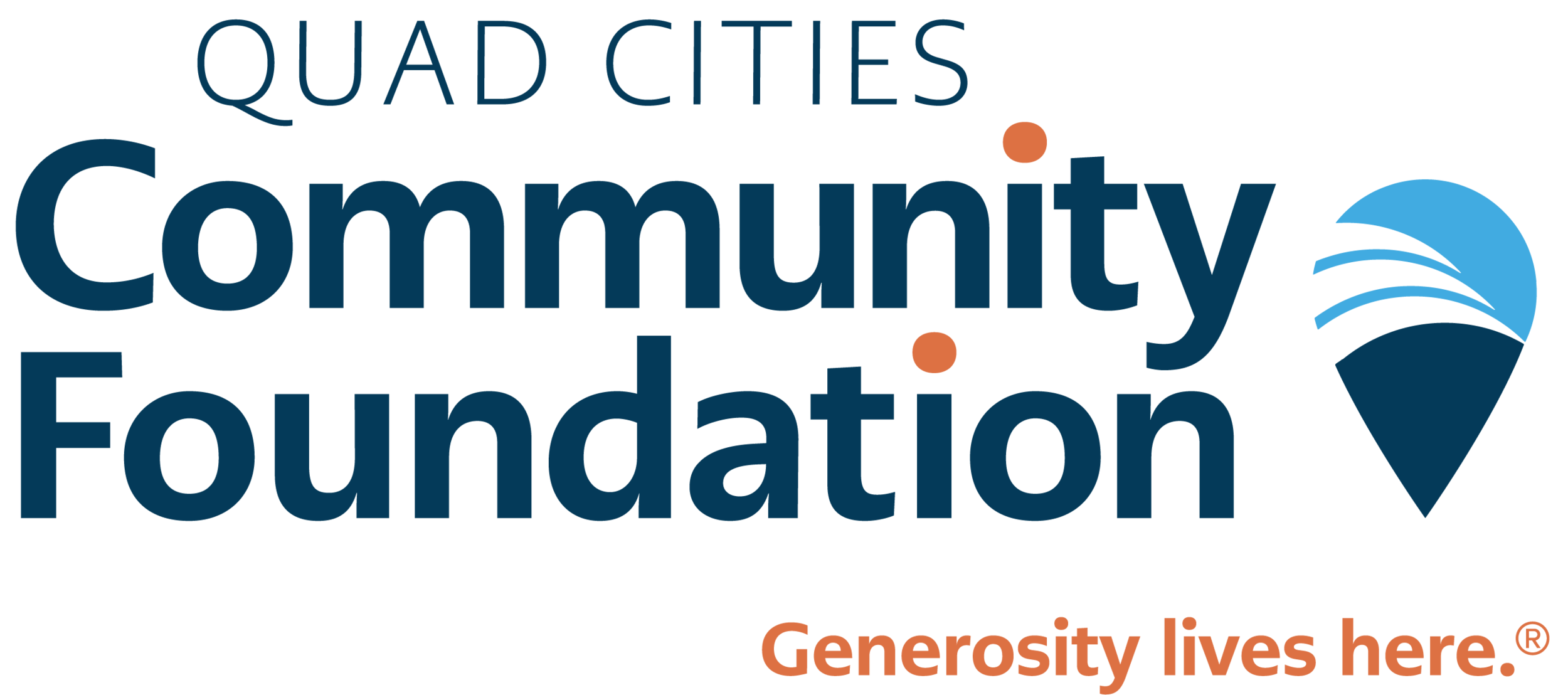Building the foundation for change
Ashley Velez, president and CEO of Humility Homes, is guided by two core beliefs. First, housing is the foundation for everything else. “You can’t work on mental health, safety, or stability if you don’t have a safe place to go,” she said.
And second, ending homelessness can’t be done alone. “Real change is happening at the community level,” Velez said. “It’s happening because of trust-based relationships, organizational collaboration, and generosity.”
A longtime partner of the Quad Cities Community Foundation, Velez said the relationship has been key to growth at Humility Homes, which received a $100,000 Transformation Grant in 2020. “That grant let us pilot a new housing model,” Velez said. “The success of that program led directly to a $1 million Bureau of Justice Administration grant. That’s how transformation happens. It grows and grows.”
Today, Humility Homes remains a cornerstone of the Quad Cities’ response to homelessness. With 40 percent of staff having lived experience of homelessness themselves, the organization operates with an intentional servant-leadership mindset, building personal relationships and providing person-centered care. At its core, the organization is housing-first: everyone who needs an opportunity gets it, without barriers or judgment.
“Our metro area has 250,000 people and just 14,000 registered rental units,” said Blair Brown, chief program officer at Humility Homes. “The housing shortage is stark, and affordable housing isn’t one-size-fits-all. We must be innovative in our approach.” Humility Homes addresses this need through supportive housing, offering wraparound services without a time limit. By incorporating the voices and experiences of those who’ve experienced homelessness, the organization works to dismantle stigmas and push for systems that reflect lived realities.
“We’re so proud to partner with Humility Homes,” said Kelly Thompson, vice president of grantmaking and community initiatives at the Community Foundation. “Their work is intentional, innovative, and it yields tangible results.”
Eighty-seven percent of participants in Humility Homes’ housing programs successfully transition out of homelessness. And the organization continues to grow solutions where gaps exist. That growth includes youth transitional housing for vulnerable 18–24-year-olds and the innovative Multi-Option Navigation for Affordable Housing Project (MONAH) that provides flexible housing options, financial assistance, and supportive services.
“Our story is about possibility,” said Velez. “When I look back at our recent work, I see how partnerships have created so many amazing opportunities. I see more of that in the future, and we all have a role to play.”




